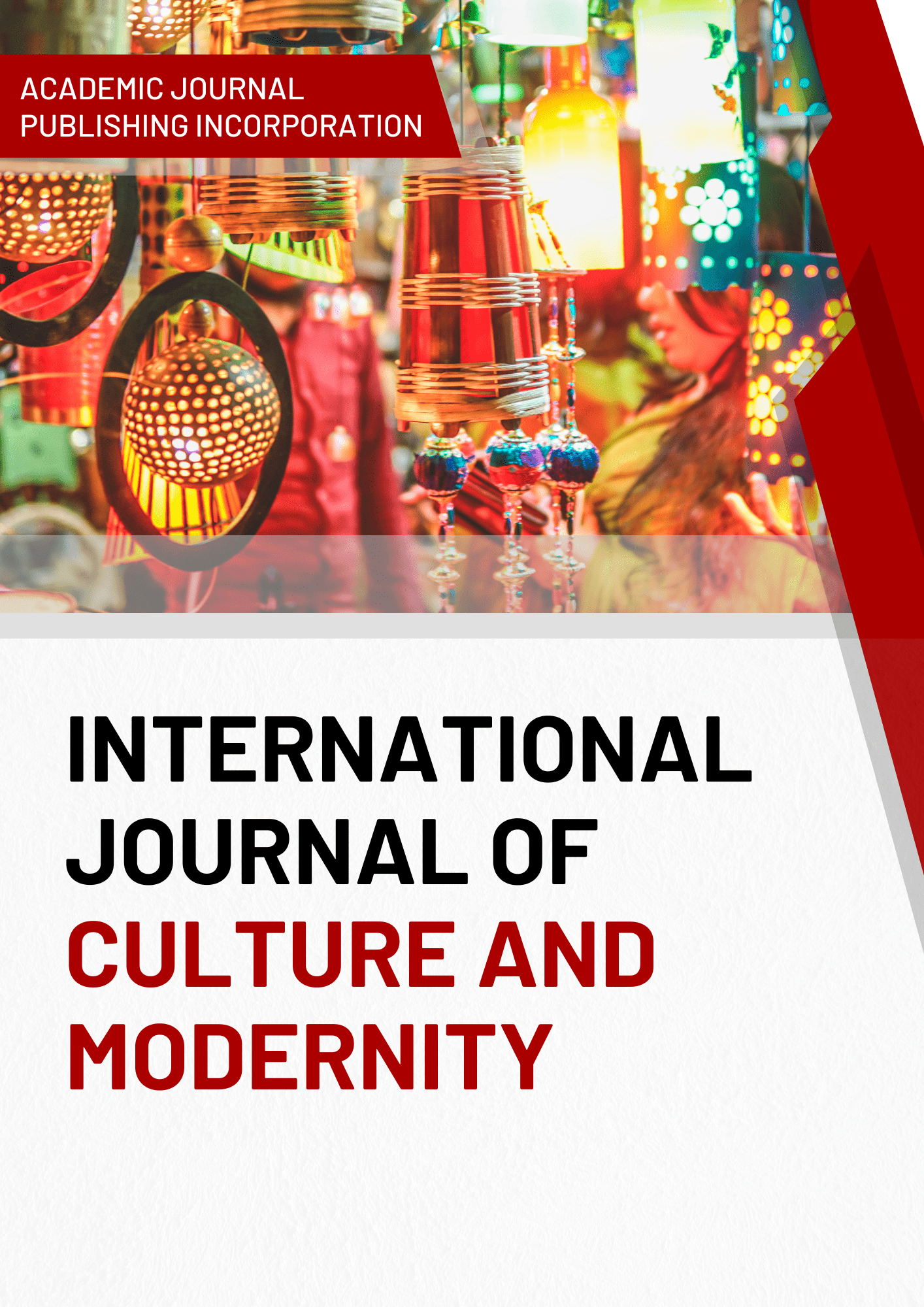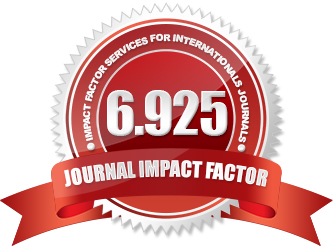National Assembly and Anti-Corruption Crusade in Nigeria: Myth or Reality, 2011-2019
DOI:
https://doi.org/10.51699/ijcm.v11i.119Keywords:
National Assembly, Corruption, Anti-corruption Crusade, Whistleblower, BillAbstract
The Legislature is an important institution of government in a democratic political system. The 1999 Constitution of the Federal Republic of Nigeria bestows on the Legislature enormous power in regard to the anti-corruption crusade. But the widespread corruption in Nigeria has made some scholars to ponder on the effectiveness of the Nigerian National Assembly in anti-corruption crusade? Therefore this study sought to examine the role of the National Assembly in the anti-corruption crusade. The objectives of this study are: to examine if Nigerian legislature is essential in the anti-corruption crusade; to examine if Nigerian legislature has contributed significantly to the anti-corruption crusade and to examine if the absence of political will among Nigerian legislators is a problem inhibiting the anti-corruption crusade in Nigeria. The study adopted content analysis. Documentary ideas as expressed in textbooks, journal articles, magazines, the Internet and Newspapers were analyzed and utilized. Although the National Assembly made some effort in relation to the anti-corruption crusade by introducing anti-corruption bills such as; The Whistle Blower Bill, Witness Protection Bill, Anti-money Laundering Bill, Mutual Assistance in Criminal Matter and the Nigerian Financial Intelligence Unit (NFIU) Bill, paradoxically, the study discovered that the members of the National Assembly were only concerned with their interest and not the interest of the public that voted them into the various position in the National Assembly. The study identified corruption as the reason why the National Assembly was unable to offer robust legislation. It was therefore recommended that the National Assembly must fight against corruption by first setting a good example to others.
References
Abimboye, D. (2010). A House of Fraud. Lagos, Newswatch Magazine, July, page 14.
Achebe, C. (1983). The trouble with Nigeria: Enugu; Fourth Dimension publishing Ltd. Africana first publishers Plc.
Agbo, A. (2012). The Oversight Haram. Lagos, Tell Magazine, July, pages 45-51.
Akanbi M. (2004). ‘Current Policy Initiatives and Frameworks for Combating Corruption in Nigeria’ The Nigerian Social Scientist, 7(1), March. pp 2-6.
Akintunde, K. (2003). Damaging Allegations. The Week Magazine, Oct., page 15-17.
Alabi, M.O.A., Joseph, A. & Fashagba, Y. (2010). The Legislature and Anti-corruption Crusade under the Fourth Republic of Nigeria: Constitutional Imperatives and Practical Realities. International Journal of Politics and Good Governance, 1(2), 21-29.
Animashaun, M.A. (2007). Corruption and Public Confidence in State Leadership: A Study of Nigeria’s 4th Republic” Corruption and the Challenge of Human Development. School of Management and Social Sciences, Babcock University, Ilishan-Remo pp. 435-445.
Awortu, B.E & N-ue, S. (2014). Cletus, C.O. (2001).Constitutional development and citizenship education. Enugu Press
Dan, A. (1992). Corruption. New Watch (03)9.
Ayobolu J. (2006). EFCC, Corruption and the Due Process. Segun Toyin Dawodu, USA
Babawale, T. (2006). Nigeria in the crises of governance and development. Political and administrative resource centre (PARC).
Bello-Imam, I. B. (2005). The war against corruption in Nigeria: Problems and prospects. College press and publisher ltd.
Colonial Government Report (1947).The African background and outlook on public morality is very different from that of the present Briton. Retrieved from: http://www.alaafin.oyo.org/main/the-history-of-present-day-oyo-city.
Dike V. E. (2001). Corruption in Nigeria: A new paradigm for effective control’ africa economic analysis. http://www.afbis.com/analysis/corruption-dike.htm.
Drenkat, C. (2016). Budget padding: Between National Assembly and law. Abuja, Forefront Magazine, August, pages 16-17.
Ebenezer, D. (2010). Corruption as a threat to human security in Africa: Protecting Human Security in Africa. Oxford University Press.
Fashagba, J. ‘Y. (2009). Legislative oversight under the Nigerian presidential system. Journal of legislative studies,15(4), 32-39
Gauba, O.P. (2009). An introduction to political theory. Rajiv Beri Macmillan publishers Ltd.
Global Integrity (2004) country report.
www.globalintegrity.org/reports/2004/2004/country
I.C.P.C .(2006). Nigeria and corruption. Independent Corrupt Practices and Other Related Offences Commission, Nigeria
Ibrahim, M. M (2018). Challenges in combating corruption in Nigerian democratic dispensation and its possible solutions.
IRIN Africa (2009). Nigeria: Why Obasanjo war on corruption is faltering. www.irinnews.org/report.aspx?reportid Juta and Co Ltd. N5.2bn power scam: EFCC freezes contractors’ accounts/ The Punch, Lagos. Tuesday, 19 May.
Mark, D. (2009). Why our laws, policies, programmes fail. This Day newspaper, Lagos, June 09.
Mathekga, R. (2008). The ANC leadership crisis and the Age of Populism in Post-Apartheid South Africa. In Pretorious J. (ed). African politics: Beyond the third wave of democratization, pp 131-149. Cape Town,
Mbah, G. (2002). Valley of Corruption. Lagos, Insider Weekly Magazine, December, page 19.
Mbah, M.C. (2006). Political theory and methodology. Rex Charles & Patrick Ltd.
.Mbeki T. (1999). Address of the President of South Africa to the 9th IACC. Durban, South Africa. October 10-15Online: ww.transparency.org/iacc/9thiacc/papers.htm/#links
McLean, I. & McMillan, A. (2009). Concise dictionary of politics. Oxford university press.
Mogae F. (1999). Corruption and the North South Dilemma. Paper at 9th IACC Durban, South Africa.: www.transparency.org/iacc/9thiacc/papers.htm/#links
Mojeed O.A. A. and Joseph, ‘Y. F. (2010).The Legislature and Anti-corruption Crusade under the Fourth Republic of Nigeria: Constitutional Imperatives and Practical Realities. International Journal of Politics and Good Governance, 1(4)
Morris, S. D. (2016). Corruption in Latin America: An Empirical Overview. http://elauditor.rocketweb.com.ar/files/4fc5e8e846f 9b.pdf
Nmeribeh, M. (2010). Nigeria is in a Mess. Lagos, The News Magazine, August, pages 18-23.
Nnochiri, I. (2013). $3 million Bribery Scam: Farouk, Emenalo to spend one week in Kuje Prison. www.vanguardngr.com
Nweke, K. & Nyewusira, V. (2017). Anti-corruption crusade in Nigeria: An Assessment of the Disposition of the National Assembly (1999-2013). Mediterranean Journal of Social Sciences, 8(4), 196-204
Okocha, C. (2017). Senate and Buhari’s anti-Corruption Crusade. Sunday Magazine, March 18, 2018.
Okoli, E. F. (2003). Foundation of government and politics. Onisha.
Okoro, M. (2002). Third Republic: A Story of Corruption. Lagos, Insider Weekly Magazine, December, page 25
Olutola, F.O. & Oyeleke, I. O. (2016). Legislative Corruption and the Challenges of Democratic Consolidation in Nigeria. Applied Science Reports, 14 (3), 230-236
Osoba, S.O. (2013). Corruption in Nigeria: Historical Perspective. Review of African Political Economy. http://www.roape.org/pdf/6903.pdf accessed on 11/3/2013
Paul, (2018). A critical examination of anti-corruption organs in Nigeria and effective way of curbing corruption, 1999-2012. Journal of Academic, 4(2), 32-34
Scott, J. C. (1972). Comparative Political Corruption: Prentice Hall, New Jersey,
Senyo B.S. & Adjibolosoo, K. (1996). Human factor engineering and the political economy of african development. Greenwood Publishing Group.
Suleiman, T. (2011). This house has failed. Lagos, Tell Magazine, June, pages 22-23.
Tignor R.(1993). Political corruption in Nigeria before Independence. Journal Modern African Studies, 6(4), 175 – 202;
Umaru, U.D. (2017). Corruption and Legislative Functions in Nigeria. IOSR Journal of Economics and Finance (IOSR-JEF), 8(I), 01-08
United Nations (1990). Corruption in Government. Report of an International Seminar Held in Hague, Netherlands.
USA/Africa Dialogue, (2005). No 526: Nigerian corruption saga. Down loaded from www.utexas.edu/conference/africa/ads on 24/2/2009
Williams, D. (2016). What Manner of Senate? Abuja, The politico Magazine, May, pages 17-18.
Downloads
Published
How to Cite
Issue
Section
License
Copyright (c) 2021 Kabari, John Baribor

This work is licensed under a Creative Commons Attribution 4.0 International License.






